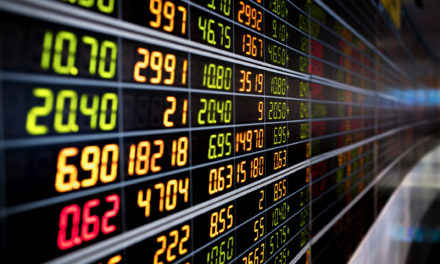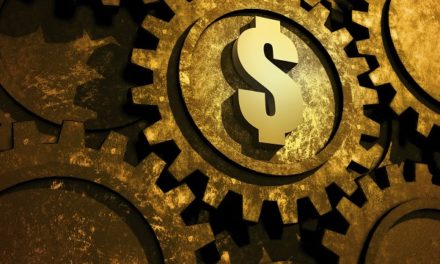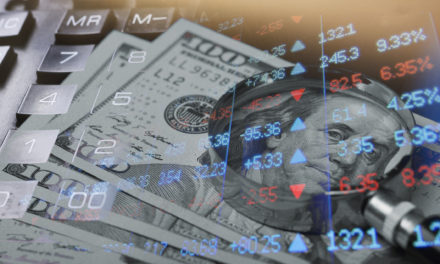
“When we own portions of outstanding businesses with outstanding managements, our favorite holding period is forever.”
— Warren Buffett
Investors can learn a lot from Warren Buffett, whose above quote teaches the importance of thinking about investment time horizon, and asking ourselves before buying any given stock: can we envision holding onto it for years — even a two-decade holding period possibly?
Suppose a “buy-and-hold” investor was considering an investment into Applied Materials, Inc. (NASD: AMAT) back in 2004: back then, such an investor may have been pondering this very same question. Had they answered “yes” to a full two-decade investment time horizon and then actually held for these past 20 years, here’s how that investment would have turned out.
| Start date: | 12/06/2004 |
|
|||
| End date: | 12/03/2024 | ||||
| Start price/share: | $17.86 | ||||
| End price/share: | $183.16 | ||||
| Starting shares: | 559.91 | ||||
| Ending shares: | 758.61 | ||||
| Dividends reinvested/share: | $10.91 | ||||
| Total return: | 1,289.47% | ||||
| Average annual return: | 14.06% | ||||
| Starting investment: | $10,000.00 | ||||
| Ending investment: | $138,988.99 | ||||
The above analysis shows the two-decade investment result worked out quite well, with an annualized rate of return of 14.06%. This would have turned a $10K investment made 20 years ago into $138,988.99 today (as of 12/03/2024). On a total return basis, that’s a result of 1,289.47% (something to think about: how might AMAT shares perform over the next 20 years?). [These numbers were computed with the Dividend Channel DRIP Returns Calculator.]
Notice that Applied Materials, Inc. paid investors a total of $10.91/share in dividends over the 20 holding period, marking a second component of the total return beyond share price change alone. Much like watering a tree, reinvesting dividends can help an investment to grow over time — for the above calculations we assume dividend reinvestment (and for this exercise the closing price on ex-date is used for the reinvestment of a given dividend).
Based upon the most recent annualized dividend rate of 1.6/share, we calculate that AMAT has a current yield of approximately 0.87%. Another interesting datapoint we can examine is ‘yield on cost’ — in other words, we can express the current annualized dividend of 1.6 against the original $17.86/share purchase price. This works out to a yield on cost of 4.87%.
One more investment quote to leave you with:
“You get recessions, you have stock market declines. If you don’t understand that’s going to happen, then you’re not ready, you won’t do well in the markets.” — Peter Lynch




